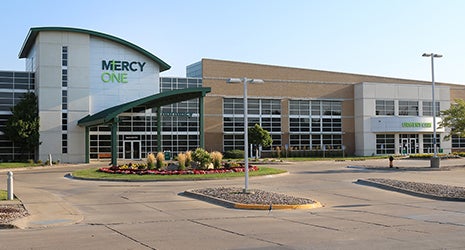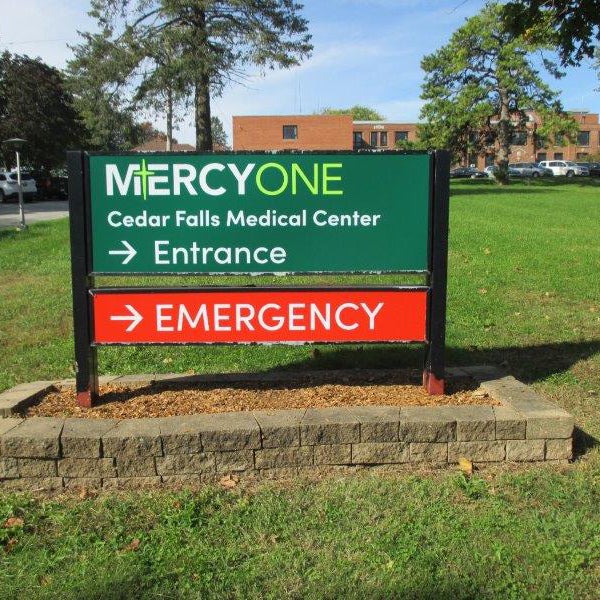Osteoporosis and Bone density testing
What is Osteoporosis?
Osteoporosis is when the creation of new bone can’t keep up with the loss of old bone, causing your bones to become weak and brittle. Osteoporosis can occur in both men and women but is more common in women, especially women past menopause.
Signs of osteoporosis
Early bone loss is hard to notice but once osteoporosis has progressed, you may experience:
- Unexpected fractures.
- Loss of height.
- Chronic back pain.
- Stooped posture.
Osteoporosis risk factors
A handful of factors can increase your risk of developing osteoporosis:
Age, sex and body size: The risk increases as you get older. Women are more likely to develop osteoporosis than men. Small body frames tend to have a higher risk because they might have less bone mass to draw from as they age.
Family History: A family history of osteoporosis can increase your risk.
Race: White and Asian individuals are at higher risk.
Hormonal Changes: Decreased levels of estrogen in women and testosterone in men can contribute to osteoporosis.
Diet: A diet low in calcium and vitamin D can lead to weakened bones.
Lifestyle: Sedentary lifestyle, excessive alcohol consumption and smoking can increase the risk.
Medications: Long-term use of corticosteroids and other medications can affect bone health.
Other Medical Conditions: Conditions like rheumatoid arthritis, celiac disease and inflammatory bowel disease can increase your risk.
Bone density testing
Bone density tests measure the amount of mineral in your bones, which indicates their strength and density. These tests are crucial for diagnosing osteoporosis and assessing the risk of fractures. The most common and accurate method for measuring bone density is dual-energy X-ray absorptiometry (DEXA or DXA).
DEXA scans use two X-ray beams to estimate bone density in the spine, hip or wrist. It's a quick, non-invasive scan that takes only about 10 – 15 minutes and is considered the gold standard for measuring bone density.
Reasons for bone density testing:
- Detect reductions in bone density before fractures occur: Early detection can help prevent fractures by allowing for timely intervention.
- Assess your risk of bone fractures: Helps in evaluating the likelihood of fractures and taking preventive measures.
- Confirm an osteoporosis diagnosis: A definitive diagnosis aids in developing an appropriate treatment plan.
- Track the effectiveness of osteoporosis treatment: Monitoring changes in bone density can guide treatment adjustments.
Who should get a bone density test?
- Postmenopausal women and men over 50 as they are at higher risk due to hormonal changes and aging.
- Individuals with risk factors such as family history of osteoporosis, previous fractures, certain medications or medical conditions.
- Those undergoing treatment for osteoporosis should have bone density tests to monitor treatment efficacy and make necessary adjustments.
Bone density tests are an important tool in the prevention and management of osteoporosis, helping to maintain bone health and prevent fractures.
Schedule your bone density test at MercyOne
MercyOne Clinton Medical Center – 563-244-5642
Northeast Iowa - An order from your doctor must be sent to us before your scheduled appointment. If you have questions or would like more information about our imaging services, please call 319-272-7070.
MercyOne Elkader Medical Center – 563-245-7037
MercyOne Comfort Care Center for Women - 515-222-7474
MercyOne Forest Park Imaging - 641-428-7200
MercyOne North Iowa Radiology Services - 641-428-7731
MercyOne New Hampton Radiology Services - 641-394-1614
MercyOne Indianola Imaging - 515-247-4444
MercyOne Ankeny Imaging - 515-643-7676



